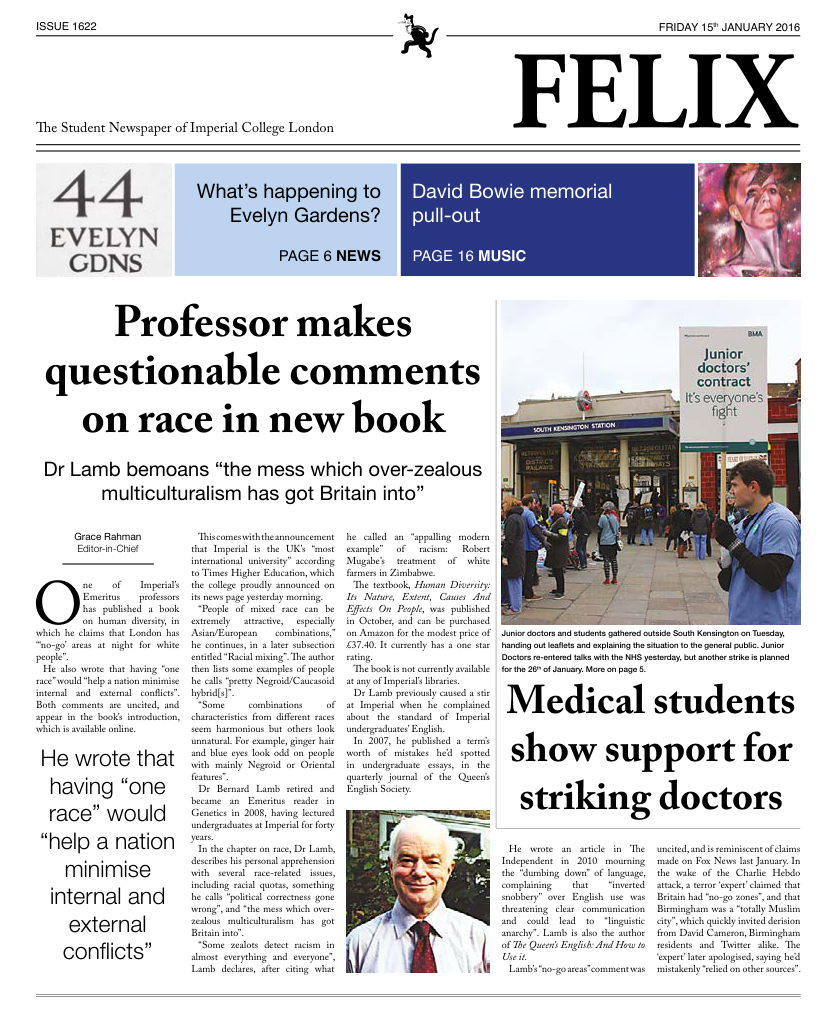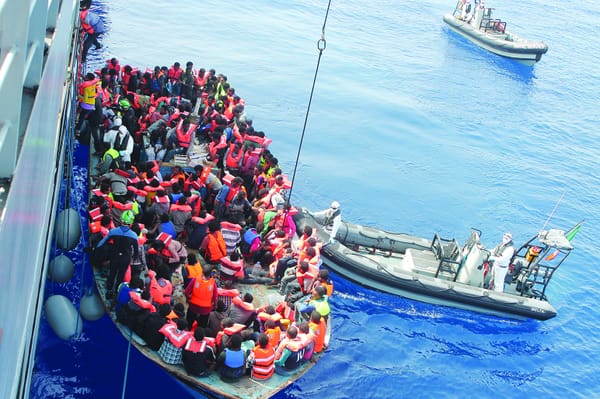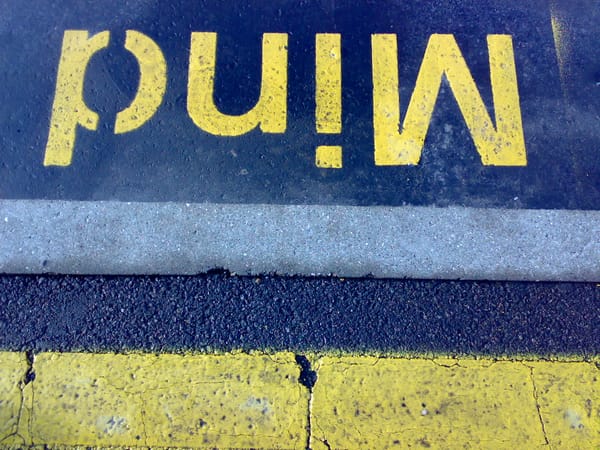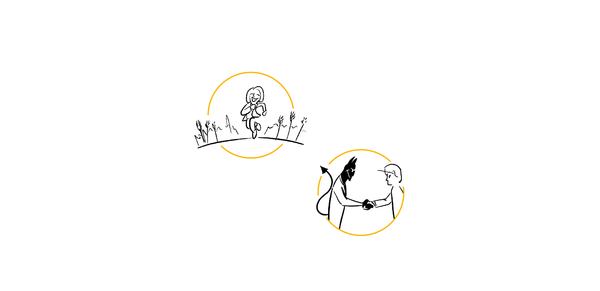Cyclists don’t follow the same rules
Why do I become a target for abuse as soon as I am on a bicycle?
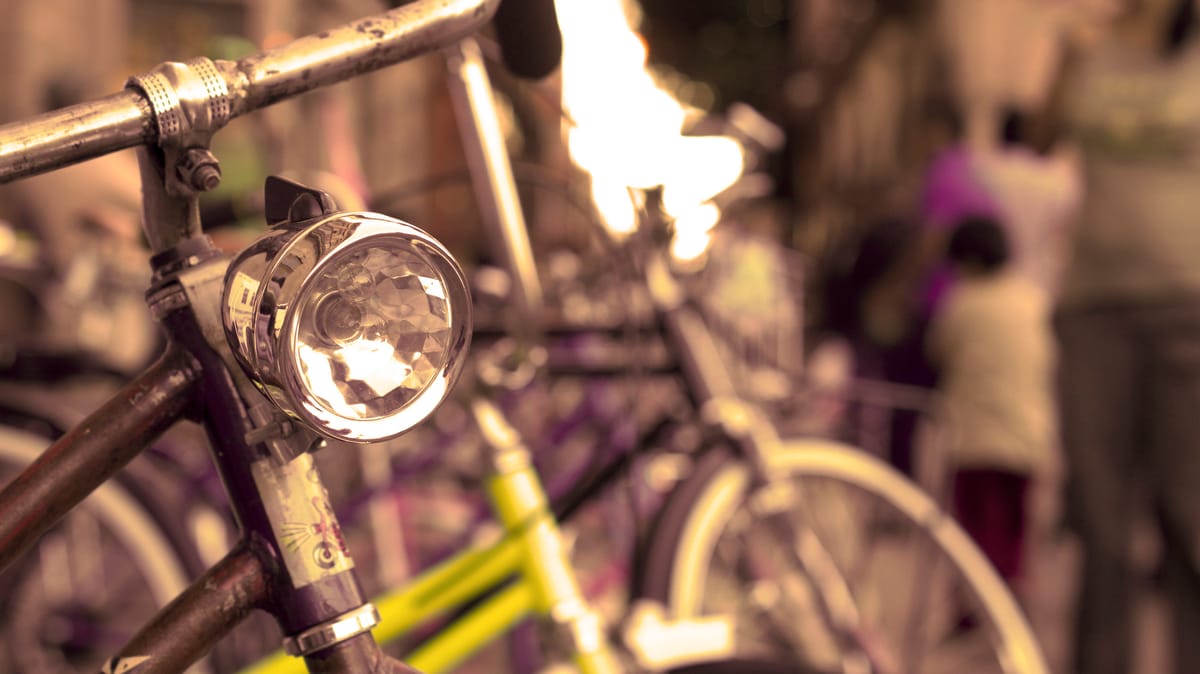
New year, new you; the only time of the year when there’s a dramatic increase in the number of cyclists on the roads – with the exception of during tube strikes, that is. As a cyclist, there’s a definite sense of safety in numbers, and more people taking up this underrated method of getting around can only be a good thing. Unfortunately, more people on the road tends to have the negative effect of enraging the more automotively inclined of the other road users.
London roads are the domain of buses, bikes, the black cab, the white van men, moped-riding delivery drivers, and increasingly, Ubers. Compared to the vast majority of the world, the public transport in London is excellent, and unless you have a very good reason, you should not be driving your personal vehicle within Zone 1 (or at a push, Zone 2) of London. Cycling is undeniably the cheapest, quickest, most environmentally friendly, and healthiest way to get around London, but in order to take advantage of this two-wheeled transportation, you have to be prepared to withstand a constant barrage of abuse.
I am a tiny woman, usually in a flowery dress, riding the smallest commercially available adult women’s bicycle you can buy. Somehow, as soon as my wheels hit the road, I become a major target for all sorts of abuse, ranging from the verbally offensive to the downright dangerous.
In every other part of my life, I would be horrified if people regularly took it upon themselves to publicly attack me, and I’m sure that outside of their vehicles, these drivers would be mortified at the idea of roaring abuse at a young woman on the street. So why is it that as soon as I’m balanced on two wheels, I’m such a target?
I understand that it’s infuriating for drivers as cyclists whiz past them through traffic lights while they’re forced to wait, knowing that if they were to do the same, the punishment would be much more severe. I know that it seems silly that drivers have to pull out to overtake the same cyclist several times as they keep catching up to them at the traffic lights.
Motorists are right: cyclists don’t follow the same rules of the road. As a cyclist you have to be constantly on your guard. You can’t assume that if you obey the laws of the road, you will complete your journey unharmed. You can’t assume that a car at a roundabout is going to stop when it’s your right of way, or that a lorry turning out of a side street will be paying enough attention not to plough straight into you. Unlike cars, we can’t always keep signalling throughout a manoeuvre, because we need our hands to cling onto our handlebars while we navigate the vast array of potholes, drains, and manhole covers that pose constant hazards.
Why is it that we don’t have a right to feel safe on the road?
We have to make our way to the front at traffic lights, and constantly look around and make eye contact with other road users so that they’re definitely aware of our existence. We have to cycle assertively, withstanding all sorts of tirades as we dominate a narrow carriageway. As a motorist, you take it for granted that you will arrive safely at your destination; as a cyclist, it’s a constant battle.
With just cars on the road, any mistakes just result in mishaps, maybe a scrape on a bumper here and there. When there are bikes, these mistakes can easily become fatal. Bikes make drivers ever so responsible for their errors, and that’s what makes them so angry.
We are the most vulnerable road users. We zip along astride a thin frame, without a heavy metal shell encasing us, only inches from massive machines that we are forced to trust. The only thing that sometimes protects us from our surroundings is a small piece of polystyrene strapped to our heads. Unlike pedestrians, we’re expected to compete for space with cars and buses and lorries, accepting the risks that our daily commute brings.
All guidance for cyclists comments on the expectation of constant abuse, and how to avoid reacting. Why is it that we don’t have a right to feel safe on the road? Why is it that the only way we can positively describe cycling is by calling it exhilarating?


